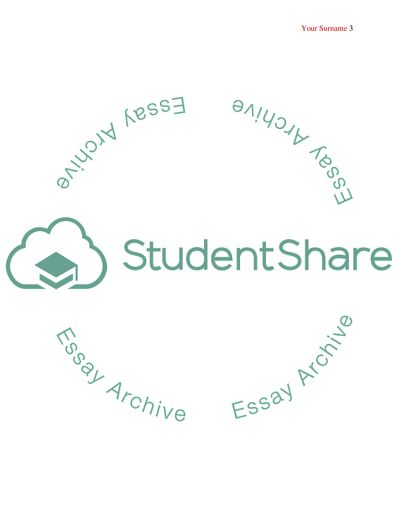Cite this document
(Lobbying in the European Union Research Paper Example | Topics and Well Written Essays - 4000 words, n.d.)
Lobbying in the European Union Research Paper Example | Topics and Well Written Essays - 4000 words. https://studentshare.org/politics/1832737-lobbying-in-the-european-union-nowadays-lobbies-have-become-essential-to-the-democratic-functioning-of-the-community-institutions-in-the-eu-but-what-are-the-risks-of-abuse-and-how-to-regulate-their-activities
Lobbying in the European Union Research Paper Example | Topics and Well Written Essays - 4000 words. https://studentshare.org/politics/1832737-lobbying-in-the-european-union-nowadays-lobbies-have-become-essential-to-the-democratic-functioning-of-the-community-institutions-in-the-eu-but-what-are-the-risks-of-abuse-and-how-to-regulate-their-activities
(Lobbying in the European Union Research Paper Example | Topics and Well Written Essays - 4000 Words)
Lobbying in the European Union Research Paper Example | Topics and Well Written Essays - 4000 Words. https://studentshare.org/politics/1832737-lobbying-in-the-european-union-nowadays-lobbies-have-become-essential-to-the-democratic-functioning-of-the-community-institutions-in-the-eu-but-what-are-the-risks-of-abuse-and-how-to-regulate-their-activities.
Lobbying in the European Union Research Paper Example | Topics and Well Written Essays - 4000 Words. https://studentshare.org/politics/1832737-lobbying-in-the-european-union-nowadays-lobbies-have-become-essential-to-the-democratic-functioning-of-the-community-institutions-in-the-eu-but-what-are-the-risks-of-abuse-and-how-to-regulate-their-activities.
“Lobbying in the European Union Research Paper Example | Topics and Well Written Essays - 4000 Words”. https://studentshare.org/politics/1832737-lobbying-in-the-european-union-nowadays-lobbies-have-become-essential-to-the-democratic-functioning-of-the-community-institutions-in-the-eu-but-what-are-the-risks-of-abuse-and-how-to-regulate-their-activities.


